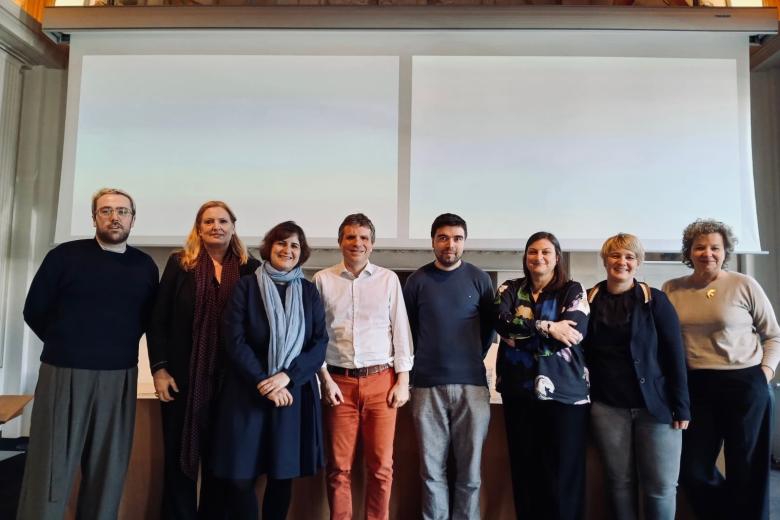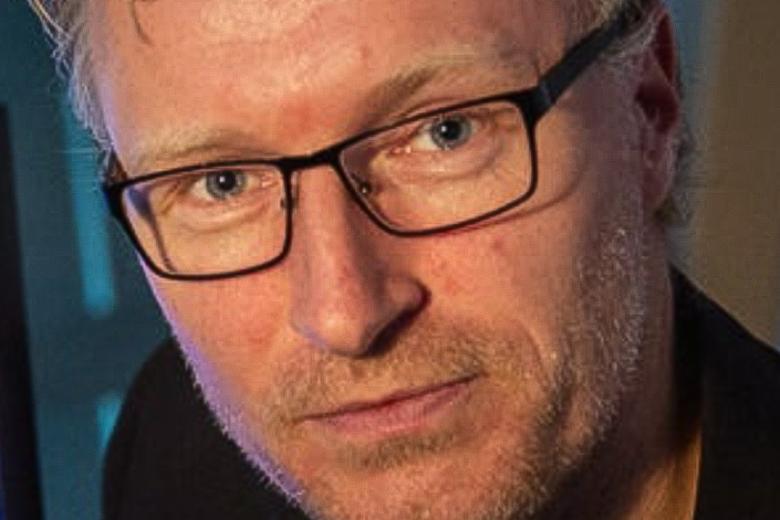FASoS alumna Lea Beiermann shortlisted for Thesis Award
Lea Beiermann is one of the three remaining candidates for the 2019 Gewina-Descartes-Huygens Thesis Award. This prize is given triannually to the best MA thesis in the History of Science and Universities written in the Netherlands and Belgium. A four-member jury made the selection out of 18 submissions. The award will be handed to the winner on 21 June at the Gewina Woudschoten Conference.
In the mid-nineteenth century, numerous microscopy societies and journals were launched, catering to a diverse community of amateur and professional scientists, physicians, and engineers. In her thesis, Beiermann studies the formation of a microscopy community in the pages of London’s periodical press and shows that subgroups within the community aligned with various epistemic systems – ways of knowing and making – that either lost or gained importance. Science professionalisation is thus conceptualised as a change in prominent epistemic programs. As present-day citizen science projects again destabilise categories of amateurism and professionalism, this thesis allows us to contrast current developments with earlier configurations of the amateur/professional dichotomy.
Beiermann wrote her thesis, entitled: ‘Microscopical Science”: Building an Instrumental Community in London’s Periodical Press, 1860-1880’ to complete the Cultures of Arts, Science and Technology programme (RMSc) at Maastricht University. She graduated in Juni 2017.
Also read
-
Jolijn: “During the day I study medicine. In the evening, I am on stage singing and dancing”
During the opening of the academic year, Jolijn van Vugt was singing and dancing on stage at Theater aan het Vrijthof. As a performer, to be precise. The 21-year-old medical student manages to combine her studies with singing and dancing at an advanced level. She dances at the Oxygen dance school in...

-
Globalisation & Law Network seminar with Damian Chalmers
On 4 November 2025, the Globalisation & Law Network had the honour of welcoming Prof. Damian Chalmers to discuss his paper “The EU’s Governing by Legal Shadows”.

-
Moles in your living room: using augmented reality in neurorehabilitation
How can you use digital moles to help patients with Parkinson's? Melvyn Roerdink explains.
